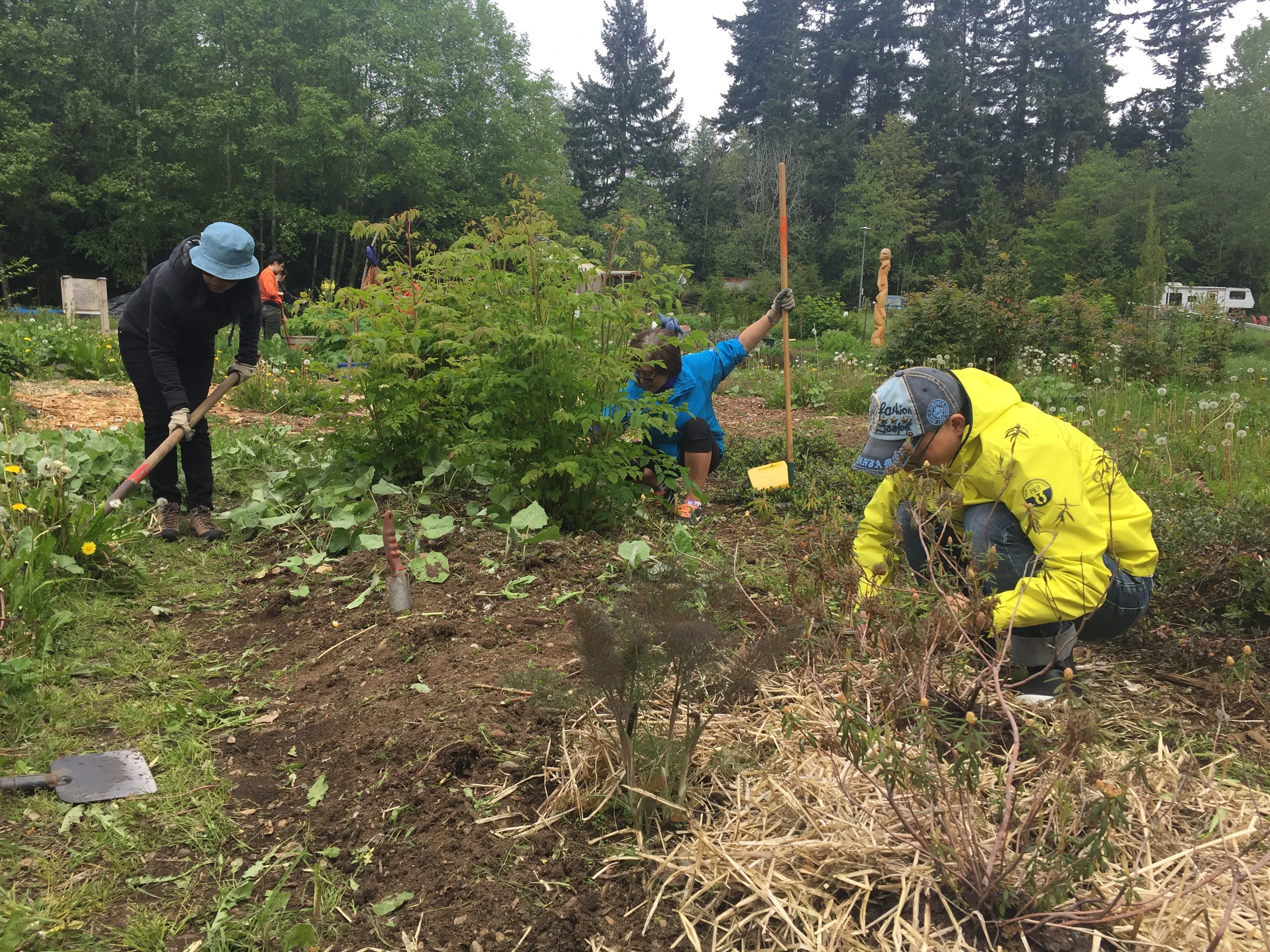
The Indigenous Undergraduate Research Experience approach respects Indigenous worldviews and pedagogies and supports a shift toward inclusion of diverse Indigenous perspectives and ways of knowing for all learners. The proposed PURE will be based at xʷc̓ic̓əsəm Garden at UBC Farm and will be collectively led by a group of Indigenous Elders, knowledge keepers, community members, students, and Indigenous Faculty. Students participate in ongoing research projects with faculty, graduate students, and community members. They will participate in planning, designing, and implementing a pilot-scale research project, and will assist in data collection using qualitative and quantitative methods and Indigenous methodologies. Students will learn about Indigenous research frameworks, research methodologies, land-based pedagogies, research ethics (e.g., Tri-Council Policy Statement (TCPS), UBC Behavioural Research Ethics Board (BREB), and Indigenous Community protocols for reciprocal and productive community engagement. The proposed PURE builds on existing relationships, both on and off-campus, to develop an innovative learning model and curricula focusing on Indigenous land-based education to create opportunities and build research capacity in undergraduate students.
Indigenous land-based pedagogies address dispossession in both urban and land-based settings while moving away from state dependence by participating in the construction of Indigenous alternatives to capitalism and neo-colonialism (Barker, 2015; Storrie, 2015; Alfred, 2005; Seton, 1999). Indigenous initiatives at UBC Farm are led by Indigenous elders, knowledge holders, community members, students, and Indigenous Faculty. This learning environment has the potential to respond to students’ interests, establish community pre-research engagements (Gomes et al., 2013) and mobilize the concept of the land as the teacher (Simpson, 2014; Wildcat et al. 2014).